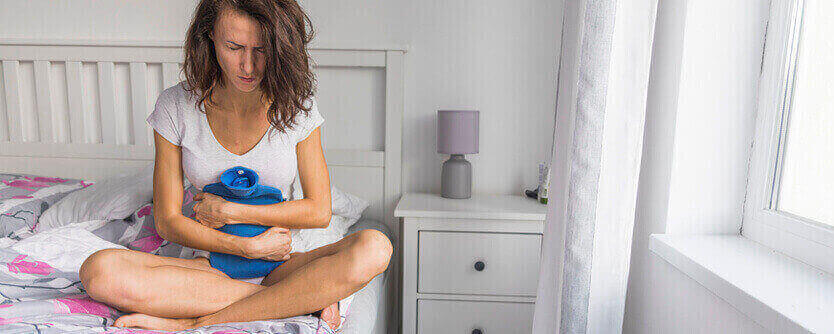The lack of awareness related to menstrual hygiene is a pertinent issue in the Indian society not only in villages and small towns but also in the metropolitan cities.
[the_ad id=”14222″]
The condition in villages is the most pathetic where women still use reusable unhygienic cloth during their periods. Also, since menses are considered as something unclean, the women are not even allowed to wash the soiled clothes with a detergent in a few households. In the city scenario, some women wear the same napkin for a whole day owing to being busy the whole day. All these practices can lead to precipitation of infections and other illnesses related to the genital tract in females. This article aims to give you some valuable tips which can help you maintain optimum hygiene during your periods.
Know Your Options on the Methods of Sanitation or Menstrual Hygiene
Although sanitary pads have been the most popular method of sanitation, several women today are opting for other means of sanitation, such as the use of tampons or menstrual cups to stay clean. If you are using a tampon, always choose the one that has the lowest absorbency rate for your flow.
Usage of menstrual cups for menstruation is a new concept, especially in a country like India. However, many prominent gynecologists vouch for its use since it can be sterilized as well as reused and it comes at a much reasonable price than sanitary napkins. As far as a sanitary napkin is considered, stick to a brand and observe whether it suits your body or not. Usually, women prefer to use different types of sanitary napkins on different days of their periods.
Change Your Sanitary Product Regularly
The contamination of menstrual blood with the body’s innate organisms is very natural, especially once the blood has left the body. Once the pad is wet, it will have not only the soaked blood but also the vaginal organisms and sweat from the genitals. If such a damp pad is allowed to stay in place for a long time, it can lead to conditions, such as urinary tract infection, skin rashes, and vaginal infections.
Therefore it is extremely essential to change a sanitary pad once every 6 hours, whereas if you are using a tampon, replace it after every 2 hours. However, it’s absolutely fine to customize the changing schedule as per need. Some women might have a heavy flow, and so it is natural that they would need to change more often and vice versa.
Wash Yourself Regularly During Menses
It is very important to wash regularly during menses because, during menstruation, the blood has a tendency enter tiny spaces of the skin, such as those involving the labia or crust around the opening of the vagina. This practice also helps overcome the bad odor arising from the vaginal region. So, always remember to wash your vagina and labia (which represents the projecting part of female genitals) well before you make use of a new pad. If you don’t have adequate time to wash before you change, at least make it a point to wipe off the areas using a toilet paper or tissue.
Avoid Using Soaps
The vagina possesses its own cleaning mechanism that involves a very fine balance of good and bad bacteria. If you wash the vaginal area with an antiseptic soap, it can kill the good bacteria and make way for infections. So, just use plain, warm water to wash regularly during this time. At the most, use soap only on the external parts; however, do not use it inside your vagina or vulva.
Use the Correct Washing Technique
Always remember to wash or clean the vaginal area in a motion that goes from the vagina toward the anus. If you wash in the opposite direction, it can cause bacteria from the anus to enter into the vaginal and urethral openings, leading to infections. So, never wash the vaginal area in the opposite direction.
Discard Your Used Sanitary Product Properly
Just as using a new sanitary pad or a tampon during menses is essential for maintaining hygiene, disposing of the used sanitary pad is also of utmost importance. If the used sanitary product is not disposed of appropriately, it can lead to foul smell and increase the chances of spreading infections.
Therefore, wrapping the used product well, before discarding it, is considered a hygienic measure to contain the tendencies of smell and infection. Do not try to flush the pad or tampon down the toilet. This flushing may create a choke up at the exit causing the toilet to back up. Last but not the least; wash your hands properly once you discard the used napkin. This will wash away the dirt and germs which might have accidentally soiled your hands while handling the used pad.
Be Menses Ready (Especially During Travel)
Don’t underestimate the power of being prepared, especially during your menses. Always carry additional sanitary pads or tampons (packed properly in a clean pouch or paper bag), a soft towel, a hand sanitizer, few paper tissues, a bottle of drinking water, a healthy snack, and a tube of antiseptic medication (in case of need) in your handbag without fail during menses. All these components may come in handy in case you experience any discomfort or distress during your menses.

